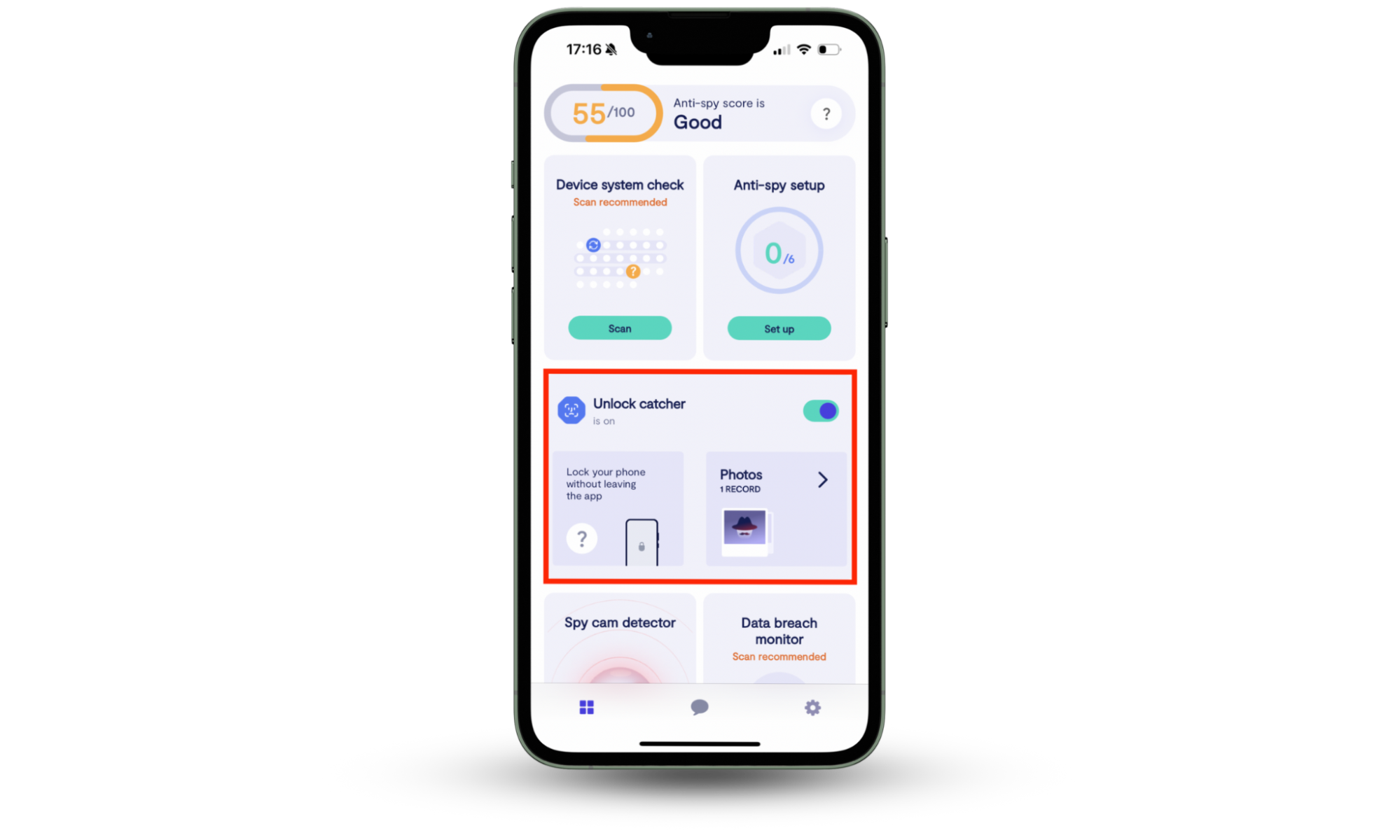Table of contents
- What is stonewalling
- What are signs of stonewalling
- Stonewalling abuse examples and effects
- 1. Communication breakdown and ignoring
- 2. Doubt, negative feelings, and mental health
- 3. Dynamic patterns of demands and resentment
- 4. Emotional abuse: impact on emotional intimacy
- 5. Increased tension and unresolved conflicts
- 6. The consequences of silence for physical health
- How to deal with stonewalling abuse
- Conclusion
What is stonewalling
Stonewalling is also known as the silent treatment. It’s where someone refuses to communicate with you—perhaps ignoring you, changing the subject, or refusing eye contact. Stonewalling in a relationship might happen during arguments, whenever you mention a particular topic, or during times of high stress. Alternatively, it could happen unpredictably, which can be especially hard to handle—you never know when it’s going to happen, and you might feel constantly worried that they won’t respond to you.
Sometimes, stonewalling isn’t intentional. In heated moments, a partner might feel overwhelmed, shut down emotionally, or simply need time to cool off. They might also delay replies when genuinely busy—working, studying, or handling other commitments—but usually, they’ll tell you and come back to the conversation with care and attention.
But when silence becomes a weapon—when someone ignores you to punish, control, or make you doubt yourself—that’s not taking space, it’s emotional manipulation. This pattern is known as stonewalling abuse, a form of psychological control that erodes trust and has no place in a healthy relationship.
If someone stonewalls you, it may be part of a larger pattern of abuse. Harmful behavior isn’t always physical—sometimes it shows up as manipulation, intimidation, or digital stalking. Emotional abuse can take many forms, from stonewalling and gaslighting to monitoring your devices without consent. Unsure what crosses the line? Read our article on what stalking is in a relationship.
If you’re worried about an abuser spying on your phone, Clario Anti Spy can help. The app has features that alert you if someone is monitoring you, including the Unlock catcher, which takes photos of anyone who unlocks your phone, so you can check who’s been accessing your device.
How to check who’s unlocking your phone:
- Download Clario Anti Spy and choose a subscription.
- Enable the Unlock catcher, and then lock your phone.
- When you return to your phone, check the Photos tab in the Unlock catcher.

You can further improve your phone’s security with the Hidden app scan, which helps you check for suspicious apps that might be monitoring you.
Karen, one of our Clario experts, recently spoke to a customer who was worried about her partner’s behavior. He seemed to know details she’d only shared in private conversations with friends, and her phone was getting unusually warm, a common sign of monitoring apps that are constantly running. Karen helped the customer run a Hidden app scan, and she found a suspicious app running in the background—her husband had been monitoring her.
You can also check if your partner is monitoring your phone:
- Download Clario Anti Spy and create an account.
- Under Hidden app scan, tap Scan.
- Clario Anti Spy will show you the list of potentially harmful apps that either monitor your activity or request suspicious permissions.
- Carefully review the list and restore your privacy if necessary.

What are signs of stonewalling
Signs of stonewalling in a relationship include ignoring you, avoiding eye contact, or giving one-word answers to questions. Maybe the person walks away from you—either in the middle of conversations, or simply leaving the room when you come in. They might repeatedly change the subject, especially if it’s a topic they don’t want to discuss, or find reasons to avoid talking to you.
Stonewalling abuse can be quite obvious—for example, if a friend walks away in the middle of a conversation. However, signs of stonewalling can be more subtle—perhaps your partner makes excuses to change the subject, or pretends to be busy with work so they can ignore you.
Stonewalling abuse examples and effects
Stonewalling in a relationship can affect you in a variety of ways. You might notice changes in how you communicate, or you might struggle with your mental and physical health as a result of being repeatedly ignored.
Let’s look deeper at some stonewalling examples and how this manipulation might affect you.
1. Communication breakdown and ignoring
Stonewalling abuse is a breakdown of communication within your relationship. Maybe your partner or a friend refuses to talk to you about certain topics, or even ignores you entirely. Perhaps your narcissist dad leaves the room when you enter, or your mean boss won’t answer your questions.
These behaviors lead to a vicious cycle of communication breakdown. When someone ignores you or refuses to communicate, you’re less likely to attempt conversations with them. So your relationship weakens, and you find it harder to communicate.
Unless you’re a people pleaser. Then, you might try even harder—overexplaining, apologizing, or walking on eggshells just to restore peace. But no amount of effort can fix what the other person refuses to acknowledge. You deserve a genuine connection with mutual respect—not silent punishment.
2. Doubt, negative feelings, and mental health
Stonewalling can take a toll on your mental health. You might start to doubt yourself, feel embarrassed, or even become anxious or depressed.
Stonewalling examples that can lead to self-doubt and negative feelings:
- You’re excited to share some good news about your professional life with your boyfriend. When you tell him, he just nods and leaves the room. You start to feel ashamed of your work success.
- You’re spending time with your friend, and you mention your partner. He changes the subject. Later, when you talk about your partner again, he does the same thing. You feel confused and alone.
- It’s been a while since you heard from your mom, so you call her. She tells you she’s busy and doesn’t have time to talk—this is the third time she’s told you this in the last month. You panic about whether you’ve done something that hurts her feelings.
3. Dynamic patterns of demands and resentment
Stonewalling isn’t always intentional. Sometimes, it happens when one person feels the other is placing too many demands on them. They resent that, and so retreat. For example, your partner might feel overwhelmed and leave the room during an argument.
Stonewalling doesn’t always begin as abuse—an overwhelmed partner taking a few minutes to themselves isn’t abusive. However, when stonewalling in a relationship becomes a pattern, it can be problematic.
For example, if a boyfriend feels overwhelmed during a disagreement, he might resent his girlfriend and stonewall her. She might put more pressure on him to try to regain their previous emotional intimacy—but if he’s already overwhelmed, he could pull away further. It’s not a healthy way to resolve conflict.
4. Emotional abuse: impact on emotional intimacy
If someone uses stonewalling to control you or make you feel anxious or powerless, this is abuse. It can have long-term effects on your emotional intimacy with others.
When you notice signs of stonewalling in a partner, parent, or friend, you might try harder to connect with them. When someone treats you badly sometimes, but they’re kind and loving at other times, you can find yourself forming strong emotional attachments to them, a process called trauma bonding.
The effects of an abusive relationship can last even after you leave. For example, it may be hard to form new relationships. You might worry that others will mistreat you, or you might not recognize what a healthy relationship looks like. Additionally, victims of abusive relationships are a group of people at the highest risk from cyberstalking.
5. Increased tension and unresolved conflicts
Stonewalling can lead to unresolved conflicts. Your partner may change the subject whenever you bring up a complex topic, or leave the room if an argument begins.
Sometimes, walking away is a good idea. It can help to avoid saying hurtful things in the heat of the moment. However, if someone repeatedly walks out during arguments or refuses to discuss certain subjects, this can cause problems.
In every relationship, whether romantic, familial, or a friendship, you’ll sometimes need to work out issues. You might disagree about something trivial, like what movie to see—but if the other person stonewalls you at the first sign of conflict, even these minor disagreements can turn into unresolved tension.
6. The consequences of silence for physical health
One of the most well-known stonewalling examples is when your abuser simply ignores you. Maybe you talk to your friend and she doesn’t reply, or your partner is silent for days and doesn’t tell you why.
This emotionally abusive behavior obviously affects your mental health, but it can affect your physical health too. Any kind of long-term stress or trauma can harm your body.
Physical health effects of emotional abuse might include:
- Headaches
- Heart palpitations
- Raised blood pressure
- Gastrointestinal problems, such as nausea, vomiting, or diarrhea
- Insomnia
How to deal with stonewalling abuse
If you’re the victim of stonewalling, you should take action. Where possible, you should talk to the person about your feelings, tell someone you trust, and make a plan to leave.
How to respond to stonewalling abuse:
- Take a break from the conversation
- Talk to the person about how their behavior makes you feel
- Tell trusted friends or family members about the stonewalling abuse
- Make a plan to leave the relationship
If someone occasionally stonewalls you, but you don’t believe it’s intended as abuse, talk to them about their actions and how they make you feel. Ask them to stop and consider therapy. This might help them deal with conflicts and anxieties more emotionally maturely, such as discussing them with you, rather than refusing to communicate.
However, if someone regularly stonewalls you, you should consider leaving the relationship. This is especially true if they’re abusive in other ways—for example, if they’re frequently angry at you, gaslight you, or even stalk you. Talk to trusted friends or relatives and ask for support, get legal advice if necessary, and make a plan to leave.
Conclusion
Stonewalling’s definition can include refusing to talk, make eye contact, or even be in the same room as you. It can hurt your self-esteem, mental health, and even your physical health—and it definitely increases tension within your relationship.
Stonewalling is a type of manipulation, and can happen in relationships that are abusive in other ways too. Perhaps your partner gaslights you, shouts at you, or stalks you online. If you’re worried about someone monitoring your phone or online activity, download Clario Anti Spy and use the Unlock checker and Hidden app scan to keep an eye on your security.


